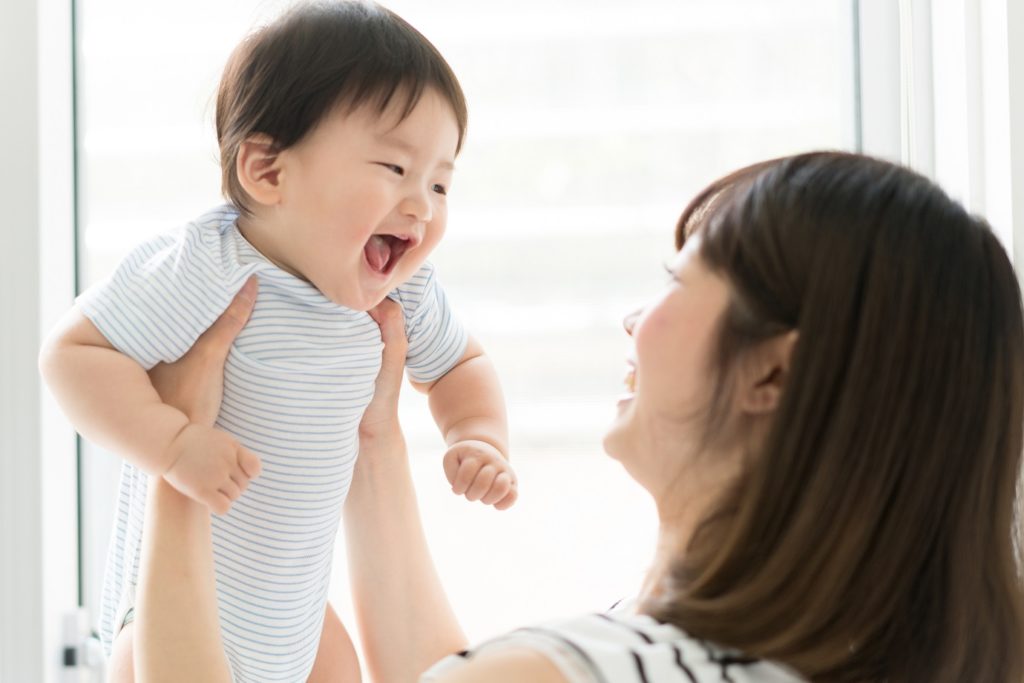Nearly 500,000 mothers in New South Wales have gone without superannuation payments during their time on parental leave over the past ten years, leaving them significantly worse off.
New analysis from Industry Super Australia shows that mothers in NSW have missed out on more than $522 million in superannuation contributions, because the Commonwealth parental leave scheme does not pay super as part of the scheme.
In the 2019-2020 financial year, 54,440 women in NSW missed out on almost $70 million in super contributions during their parental leave. 99.5 per cent of the NSW’s Commonwealth Parental Leave Pay applicants are women, with men making up just 0.5 per cent of applicants.
Currently, parental leave is one of the only types of paid leave that has no requirement to pay super contributions, and it results in many women experiencing a stall in their superannuation savings.
Receiving no super during parental leave can have a dramatic impact on a woman’s final super balance, a factor that contributes to the massive superannuation gap between men and women in Australia. Currently, women aged 50 to 55 are the largest growing cohort of homelessness in Australia.
The typical woman in NSW nearing retirement has about $60,000 less in super, compared to the typical man, while the gender super gap at retirement is 30 per cent. Meanwhile, one in three women retire with no superannuation at all, according to a 2016 Senate report.
Georgia Brumby, Industry Super Australia’s director of advocacy, said women in NSW are being made to sacrifice their retirement savings to have children.
“It’s hard enough trying to juggle work and raising a family – it’s not fair that thousands of women are also missing out on thousands from their super as well,” Brumby said.
“The Prime Minister should take the opportunity to fix this glaring inequity and make a positive step towards ending the gender super gap – otherwise we will continue to see too many women at risk of retiring into poverty.”
Ensuring super contributions are paid while women receive the government’s 18-week paid parental leave scheme would be an important measure to improve outcomes for women at retirement age.

